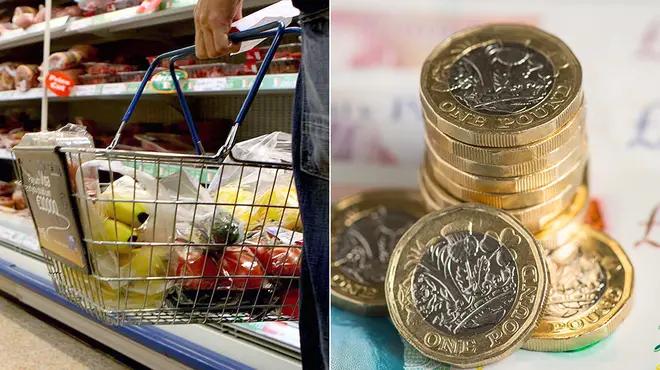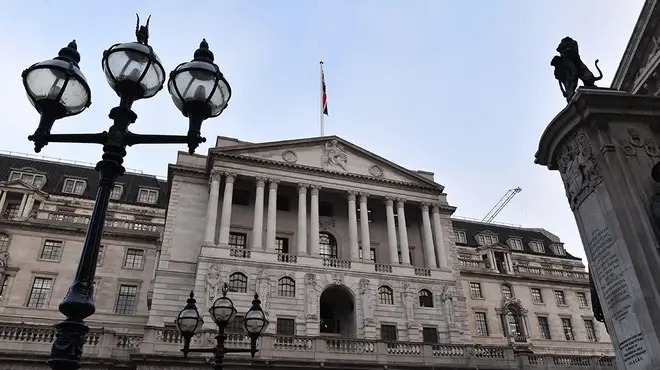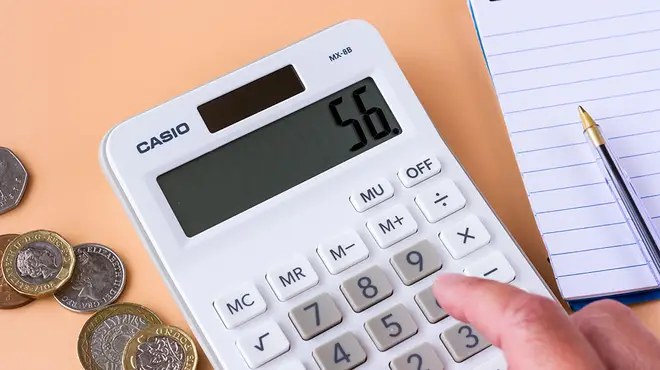
Matt Frei 10am - 1pm
23 March 2023, 15:56

The Bank of England has raised interest rates yet again - but when can we expect inflation to begin to come down? And how does raising interest rates help inflation?
UK inflation is at a near 40 year high, even though the rise in cost of everyday goods including food, clothing and fuel is beginning to slow. Grocery price inflation hit 16.7% in the four weeks to 22 January.
In order to help tackle the cost of living crisis, the Bank of England (BoE) has announced yet again they are raising interest rates from 4% to 4.25% - the highest level in 14 years.
While savers are set to benefit from higher rates, homeowners with mortgages and customers with loans will be hit.
Related article: Supermarket own-label prices double in a year as Bank of England warns against 'greedflation'
Related article: 'An insult to customers': Tesco slashes Clubcard reward vouchers again amid cost of living crisis

Inflation is the general increase in prices for everyday goods such as food, clothing, energy, petrol etc.
It's typically measured by the Office for National Statistics (ONS) who keep track of the price of hundreds of everyday items and see how they change over certain periods of time.
Each month, the prices of these items are compared to what it was that time last year, calculating how much the price has inflated.
There are a number of ways inflation can be calculated but the most popular measure is the Consumer Prices Index (CPI). It measures the average change from month to month in the prices of goods and services purchased by most households in the UK.
The most recent inflation rate was released in February and showed it has risen to 10.4%, up from January's 10.1%.
The rising cost of food, including milk, cheese and eggs, is still keeping inflation rates much higher than expected.
Soaring energy prices are a key factor contributing towards the higher rates, as demand grew following the Covid pandemic.
The Russia and Ukraine war has also put pressure on supply chains, fuelling inflation further.


Bank lifts UK interest rates again but upgrades economic growth forecast
The Bank of England has predicted inflation would peak at 11%, a figure reached in October 2022, before rates begin to come down.
They have forecast that in 2023 the rates will keep slowing, falling to around 5% before the end of the year.
Unfortunately, lower inflation doesn't necessarily mean prices will drop.
To help control rising inflation, the BoE typically raises interest rates, which has a knock-on effect on mortgages, those with loans and people with savings.
The BoE increased interest rates for the tenth time in a row on February 2 2023 to 4%.